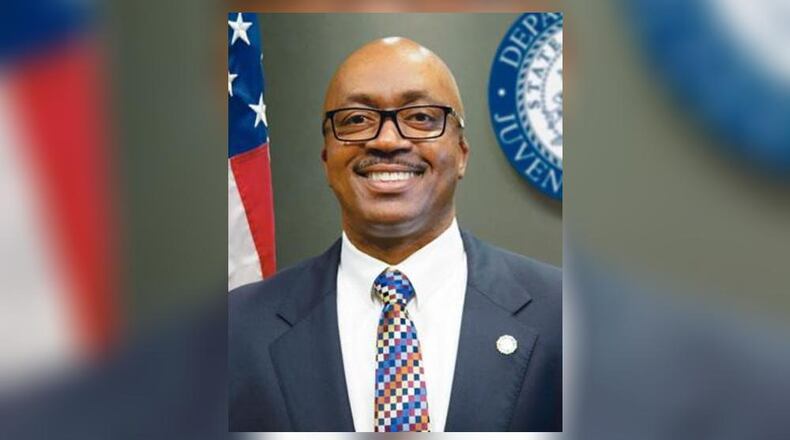As lies go, it wasn’t a very ambitious one.
But Avery Niles’ false claim, under oath, that he received an associate’s degree in criminal justice cost him his job on Wednesday.
Niles, who was the Georgia Department of Juvenile Justice commissioner, offered to resign effective Sept. 1. He submitted his resignation to the DJJ board, which was meeting to deal with the brewing controversy stemming from Niles’ testimony in a 2017 lawsuit filed by a former department administrator.
In a letter to Gov. Brian Kemp announcing his resignation, Niles wrote, in part: “I am very proud of the work that was accomplished during my tenure and will forever be grateful for this tremendous opportunity.”
He continued, “I want to thank you for allowing me to serve in the capacity of Commissioner, and if there is any other opportunity for me to continue my service with your administration, please let me know.”
But the DJJ board chose not to accept Niles’ resignation, voting instead to fire him immediately. Kemp approved the decision, the DJJ said in a statement.
Niles, one of the many Gainesville-based appointees of former Gov. Nathan Deal, had led the DJJ since 2012. He had previously served 25 years with the Hall County Sheriff’s Office.
RELATED:
» Kemp promises to reform how GA treats sexual harassment victims
» Tight job market leaves Georgia's youth jails chronically understaffed
Niles’ tenure at the DJJ was marked by problems often unrelated to the commissioner. Staff shortages at juvenile justice facilities nationwide are not uncommon, and that problem only grew worse in 2018, an investigation by The Atlanta Journal-Constitution found. The department’s own weekly staffing reports, obtained by the AJC, found that six of the state’s seven long-term youth detention centers, or YDCs, were dealing with greater shortages in juvenile corrections officers than experienced in 2017.
A spokesman for the DJJ has said Georgia would like to stop placing 17-year-olds in adult prisons for certain less serious crimes, but it lacks the staff to care for them. Georgia is among only a handful of states that still incarcerate juveniles in adult penitentiaries.
The DJJ has also dealt with accusations that it mishandled claims of sexual harassment by staff from other employees, a widespread problem in Georgia government agencies, according to a separate AJC investigation.
The DJJ wasted no time in erasing Niles from its website, removing his photo and a link to his bio within an hour of his dismissal.
About the Author
Keep Reading
The Latest
Featured




